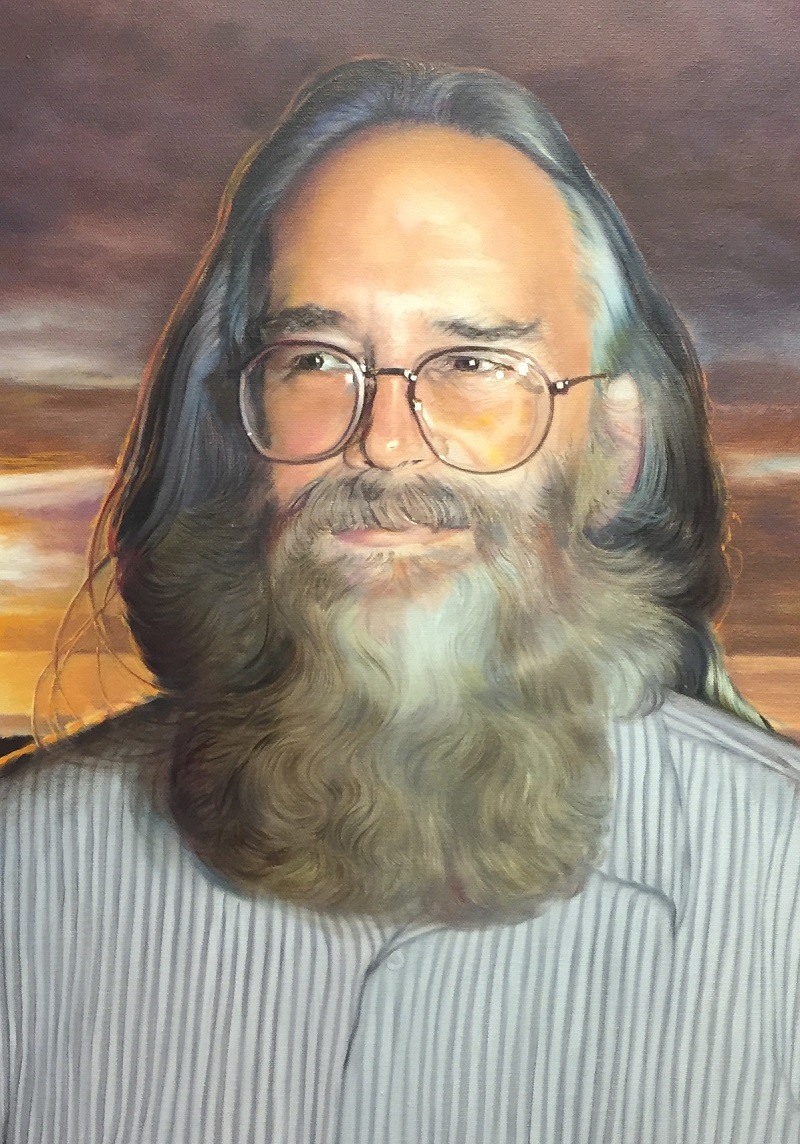Jon Postel

Jon Postel, Internet Pioneer
August 6, 1943 - October 16, 1998
"Be liberal in what you accept, and conservative in what you send."
-- jon
RFC-1122 (originates in RFC760)
"Jon has been our North Star for decades ...
He was the Internet's Boswell and its technical conscience."
-- Vint Cerf
About Our Namesake
Jon was many things to many people in the Internet:
Click here for public relations material.
- In its infancy, Jon worked on its development, from its early protocols, to the creation of TCP/IP.
- Documenter and co-developer many of the key Internet standards, including TCP/IP (basic Internet protocols), SMTP (email transfer), and DNS (name servers).
- Editor of the RFC series from April 7, 1969 (its inception) until his untimely departure in Oct. 1998, covering over 2400 RFCs, and advocate of clean, conservative protocol design and specification. See RFC-2555 for more information.
- Co-author of over 204 Internet RFCs
- The Internet Assigned Numbers Authority (IANA), and advocate of conservation of protocol and port numbers.
Jon's influence is felt throughout the Internet, in its protocols, in their documentation, in the DNS names we use and the 'dot' we use to separate them, and, in no small way, in the 'good engineering' that helped the Internet thrive from its inception in 1969 to today.
Jon was essentially a shepherd of the Internet. He watched over it, and helped husband its resources by suggesting simplicity, conservatism, and completeness in its protocols.
Jon worked at ISI from March 21, 1977, and since January 1, 1997 was the Division Director of USC/ISI's Computer Networks Division, which hosts Postel Center.
Futher information about Jon can be found here, as well as in Internet RFC-2468 (as in "who do we appreciate :-)".
Quotes
"It's perfectly appropriate to be upset. I thought of it in a slightly different way--like a space that we were exploring and, in the early days, we figured out this consistent path through the space: IP, TCP, and so on. What's been happening over the last few years is that the IETF is filling the rest of the space with every alternative approach, not necessarily any better. Every possible alternative is now being written down. And it's not useful." Richard Comerford. State of the Internet: Roundtable 4.0. IEEE Spectrum 35(10):69 - 79, October 1998.
Postel Center Relationship
- visiting scholars who are invited to spend a sabattical, ranging from summer, a semester, or a year at ISI investigating Internet issues in service to the Internet community. These scholars are selected by a distinguished Board of Directors, in recognition of their contributions to the development of the Internet and potential for impact on the Internet community during their visit.
- a lab and graduate research fellows, to perform research in support of the visiting scholars
- an endowment, to support visiting scholars, graduate research fellows, and the lab year-round
It is hoped that the output of the center will be publications, research, and reports that help address key issues in the evolution of the Internet, in helping to educate the community on aspects of long-standing issues (the end-to-end argument, conservative protocol design, etc.), to examine current and emerging protocols and standards, and to perform the kind of research and examination that is of general benefit to the Internet community. Finally, one thing apparent from the brevity of the note about Jon above is how little of his legacy is documented. Postel Center also plans to further document Jon's legacy to the Internet, and examine other ways to archive Internet history for the future.
The Postel Center for Experimental Networking is intended to carry Jon's legacy forward, to continue his husbandry of the Internet. Critical to that mission are the following aspects:
- visiting scholars who are invited to spend a sabattical, ranging from summer, a semester, or a year at ISI investigating Internet issues in service to the Internet community. These scholars are selected by a distinguished Board of Directors, in recognition of their contributions to the development of the Internet and potential for impact on the Internet community during their visit.
- a lab and graduate research fellows, to perform research in support of the visiting scholars
- an endowment, to support visiting scholars, graduate research fellows, and the lab year-round
It is hoped that the output of the center will be publications, research, and reports that help address key issues in the evolution of the Internet, in helping to educate the community on aspects of long-standing issues (the end-to-end argument, conservative protocol design, etc.), to examine current and emerging protocols and standards, and to perform the kind of research and examination that is of general benefit to the Internet community. Finally, one thing apparent from the brevity of the note about Jon above is how little of his legacy is documented. Postel Center also plans to further document Jon's legacy to the Internet, and examine other ways to archive Internet history for the future.